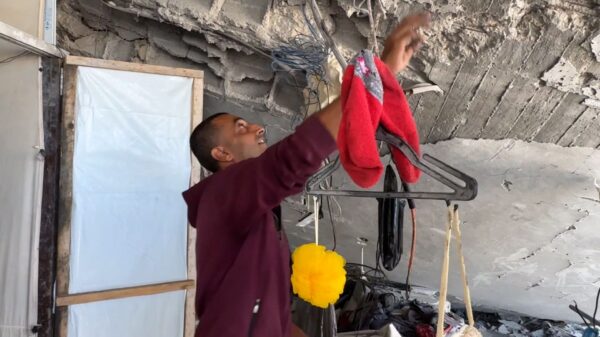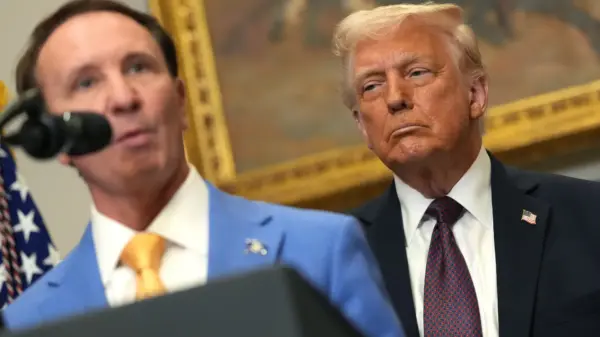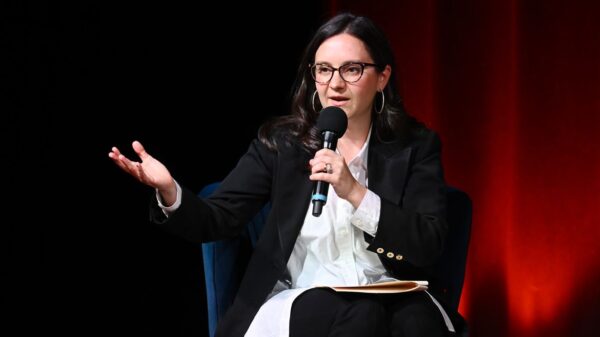Germany’s Foreign Minister, Johann Wadephul, is aiming to bolster partnerships with Bolivia as Berlin seeks to decrease its dependence on China for essential raw materials, particularly lithium. This initiative is crucial for Germany’s energy transition and the electric mobility sector. Wadephul emphasized the importance of Bolivia’s lithium reserves, stating, “Bolivia is rich in raw materials, especially lithium, which is indispensable for our energy transition, for electric mobility and for many other sectors in Germany.”
Bolivia is home to the world’s largest lithium reserves, making it a key player in the supply chain for batteries used in electric vehicles, portable electronics like smartphones and laptops, and renewable energy technologies such as solar and wind power systems. With the demand for lithium-ion batteries escalating globally, the German government is focused on shifting its reliance away from China in this critical area. Wadephul also noted Bolivia’s significant potential in rare earth elements, another category of vital raw materials. “Our potential for cooperation is large,” he added.
Strategic Meetings in Santa Cruz
During his visit to Bolivia, Wadephul is scheduled to meet with the newly elected President Rodrigo Paz Pereira in the southeastern city of Santa Cruz. Paz, a member of the Christian Democratic Party, won a run-off election in October 2023, marking a shift from nearly two decades of left-wing governance characterized by a power struggle between former President Evo Morales and outgoing leader Luis Arce of the left-leaning Movement for Socialism (MAS).
Paz faces significant challenges, including a severe economic crisis characterized by high inflation, fuel and food shortages, and a critical lack of medicines. The Bolivian economy, which is grappling with these issues, is further complicated by the nation’s status as one of South America’s poorest countries, with a population of approximately 12 million.
In addition to meeting with President Paz, Wadephul plans discussions with Bolivia’s new Foreign Minister, Fernando Hugo Aramayo, and representatives from the business sector. The outcome of these meetings could pave the way for deeper collaboration in the mining sector, particularly concerning lithium and rare earth elements.
The strengthening of ties between Germany and Bolivia could have far-reaching implications for both nations. For Germany, securing a reliable source of lithium is essential for its ambitious plans to transition to renewable energy and reduce carbon emissions. For Bolivia, increased foreign investment and collaboration could offer relief from its current economic difficulties, potentially leading to growth and development in a nation rich in natural resources.
As the world increasingly shifts towards sustainable energy solutions, partnerships like this one may become pivotal in shaping the future of both energy production and international trade.






































































